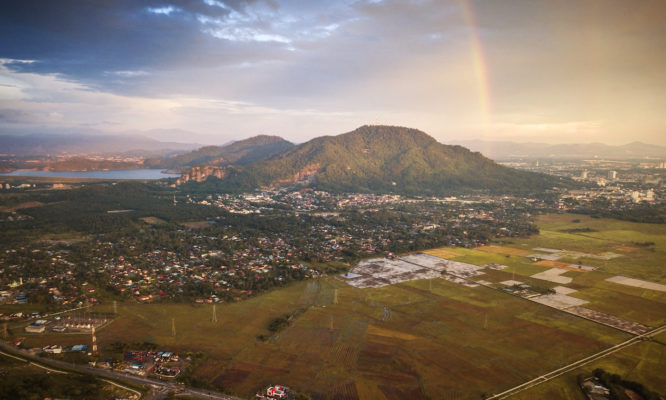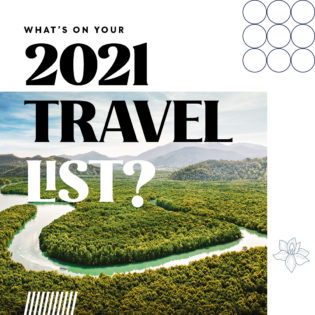Company expands its footprint in Asia with new kiosks now available in Singapore
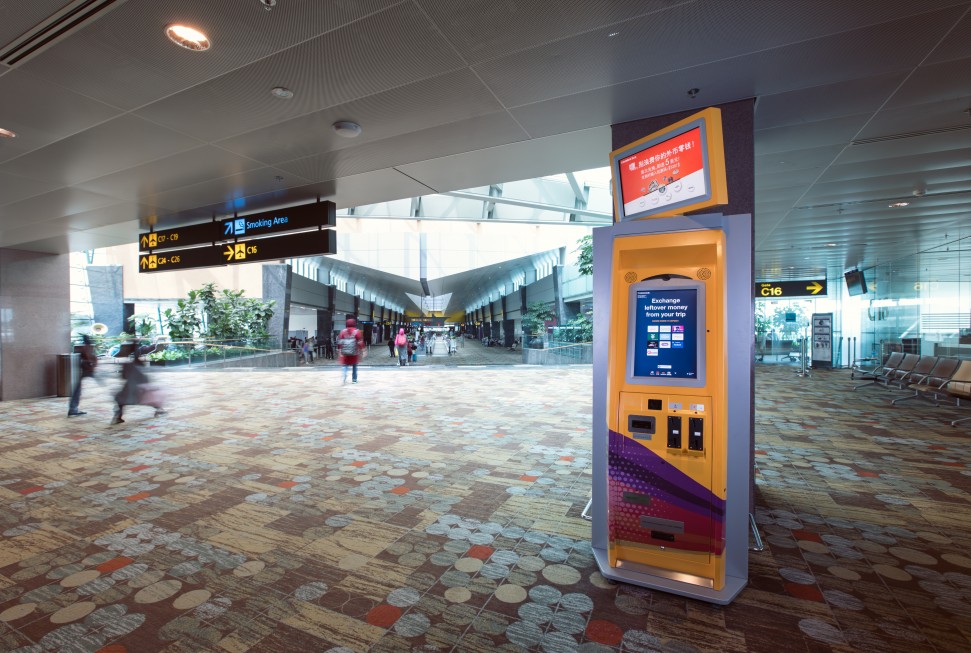
Passengers traveling through Singapore's Changi Airport can now utilize their unneeded foreign change, using the new TravelersBox kiosks located at the airport. TravelersBox is an innovative fintech company that helps travellers convert their leftover foreign currency, including bills and coins, into digital money with favourite e-wallet brands (PayPal and Baidu) or e-Gift cards (iTunes, JD.com, Grab, Tokpedia, Starbucks, Facebook).
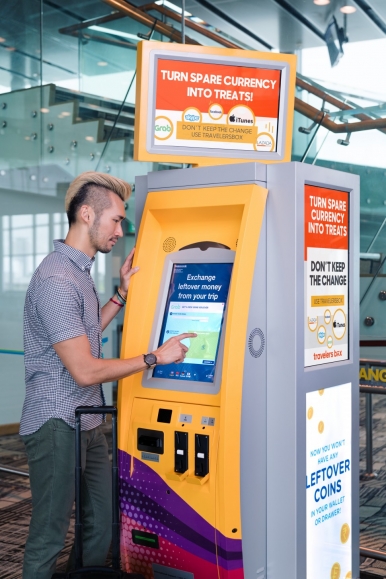
They may also make a contribution to the Changi Foundation, the philanthropic arm of Changi Airport Group (CAG) that supports youth community efforts, or charities such as the Red Cross. This way, money that would otherwise be kept in a jar of mixed coins and bills, is now of value again.
TravelersBox kiosks were first installed in Changi Airport in mid-December and since then, there have been four times more transactions here than in the next best performing airport.
“Asia is one of the fastest growing regions in the world, with a rising middle class who are travelling more both within the region and globally,” said Tomer Zussman, CEO of TravelersBox. “Our kiosks in Singapore, Japan and Manila are doing very well, and we are thrilled to be able to partner with airports of such scale and importance to global travel.”
“We look forward to expanding our presence in Asia and working with popular brands in each market to offer travelers more options to convert their leftover foreign change.”
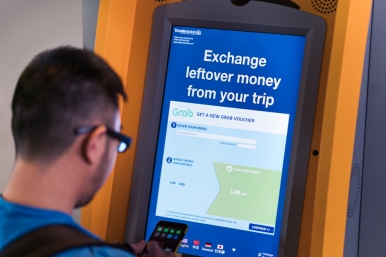
TravelersBox was conceptualized when Tomer found his pockets full of change each time he returned from his regular work-trips to New York. He would often forget to bring the coins on his next trip and when he started to count the coins, he realized that he would usually accumulate an average of US$10 to US$15 each time.
On doing further market study, he found that on average, a tourist actually carries US$20 worth of loose change. With 1.5 billion travellers a year, he realized that this was an untapped market of potentially US$30 billion a year.

